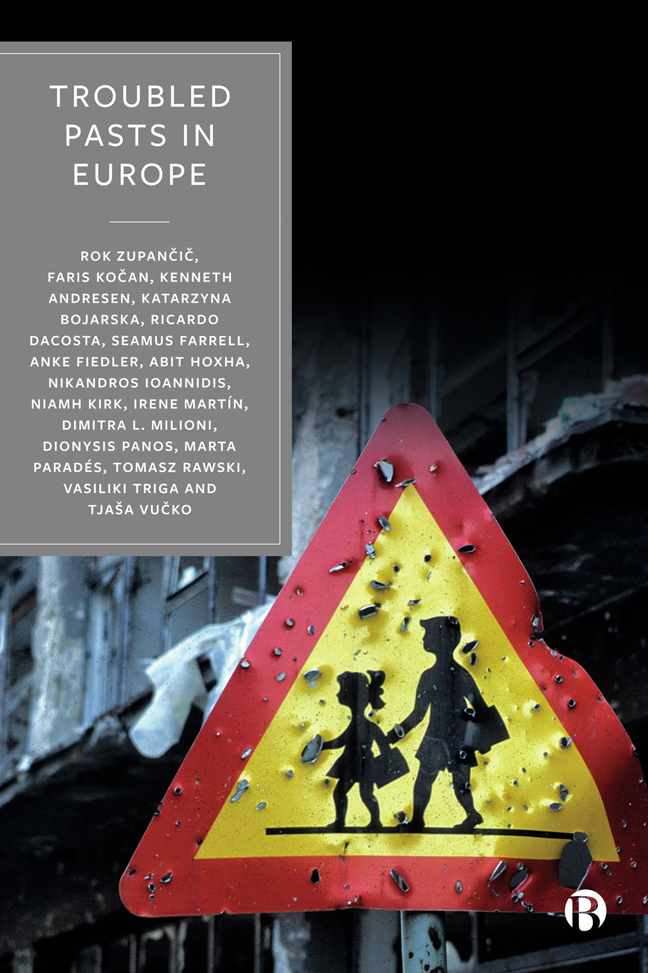 Troubled Pasts in Europe
Troubled Pasts in Europe 5 - Germany: The Wall is Dead, Long Live the Wall!?
Published online by Cambridge University Press: 25 January 2024
Summary
Introduction
‘If the goal is to escape the power of the past, whether that is more likely to happen through forgetting or remembering is still quite open’ writes Helmut König (2008, p 33), referring to the question of how to deal with the destructive power of history. According to the German political scientist, the pendulum between the two poles of remembering and forgetting is not primarily about morality but about which option can be expected to yield the most significant return in terms of the stability of the social order (König, 2008, p 39). The question at stake is how history and memory politics can promote integration processes and, thus, ensure social cohesion. If this were easy to answer, many of yesterday's conflicts would be resolved today. Yet, it is precisely this question that is at the heart of this chapter, which aims to provide an impetus for rethinking the (post-)socialist practice of remembrance in Germany.
In recent years, with the emergence of Patriotic Europeans Against the Islamization of the Occident in 2014 and the landslide electoral successes of the right-wing party Alternative für Deutschland (Alternative for Germany – AfD) in the Eastern German states, Germany's (post-)socialist past has once again become the focus of attention. Finding the reasons for the advance of the right in the East has been driving scholars and researchers ever since, filling many a bookshelf in the 30th anniversary year of the fall of the Wall and German unification (see, for example, Dahn, 2019; Engler, 2019; Kowalczuk, 2019; Mau, 2019; Pollack, 2020). Moreover, the shift to the right in East Germany has put the question of how to deal with the (post-)socialist legacy back on the political agenda. In April 2019, the German government under the then-chancellor, Angela Merkel, set up the Commission ‘30 Jahre Friedliche Revolution und Deutsche Einheit’ (30 Years of Peaceful Revolution and German Unity) operating under the motto, ‘German Unity is a process that is not yet complete’ (Enders et al, 2021). The Commission's report, published in December 2020, contains recommendations for action aimed at increasing public focus on East Germans’ ‘lifetime achievements’ over the past 30 years.
- Type
- Chapter
- Information
- Troubled Pasts in EuropeStrategies and Recommendations for Overcoming Challenging Historic Legacies, pp. 57 - 71Publisher: Bristol University PressPrint publication year: 2023


